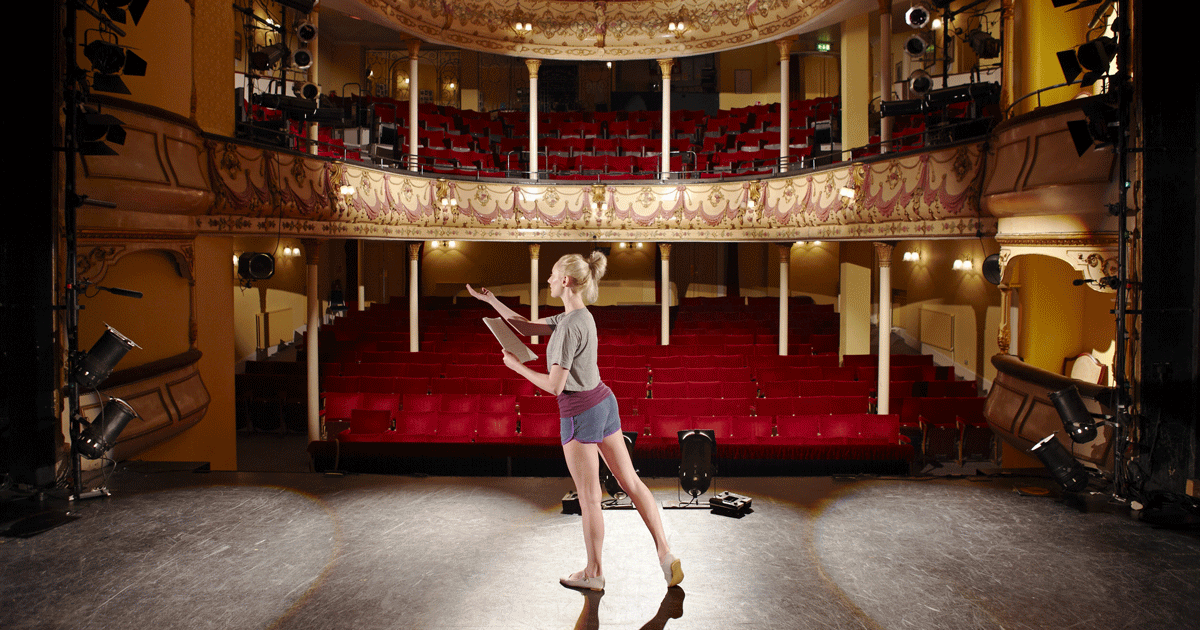
Imagine extracurriculars being school. That is the theme of a fascinating and important New York Times column by Jal Mehta and Sarah Fine entitled High School Doesn’t Have to Be Boring.
(Mehta is an associate professor at the Harvard Graduate School of Education. Fine runs a teacher preparation program at the High Tech High Graduate School of Education. They are the authors of “In Search of Deeper Learning: The Quest to Remake the American High School.”)
They report:
We traveled from coast to coast to visit 30 public high schools that had been recommended by leaders in the field. What we saw, however, was disheartening. Boredom was pervasive. Students filled out worksheets, answered factual questions, constructed formulaic paragraphs, followed algorithms and conducted “experiments” for which the results were already known. Covering content almost always won out over deeper inquiry …
What they found that made a difference in the lives of high school students happened outside of the classroom and not in core academic courses. They write:
As we spent more time in schools, however, we noticed that powerful learning was happening most often at the periphery — in electives, clubs and extracurriculars. Intrigued, we turned our attention to these spaces. … As different as these spaces were, we found they shared some essential qualities. Instead of feeling like training grounds or holding pens, they felt like design studios or research laboratories: lively, productive places where teachers and students engaged together in consequential work. It turned out that high schools — all of them, not just the “innovative” ones — already had a model of powerful learning. It just wasn’t where we thought it would be.
… In essence, two different logics reign in the same buildings. Before the final bell, we treat students as passive recipients of knowledge whose interests and identities matter little. After the final bell — in newspaper, debate, theater, athletics and more — we treat students as people who learn by doing, people who can teach as well as learn, and people whose passions and ideas are worth cultivating. It should come as no surprise that when we asked students to reflect on their high school experiences, it was most often experiences like theater and debate that they cited as having influenced them in profound ways.
They describe their vision for high schooling this way:
Most important of all, high school students need to be granted much more agency, responsibility and choice. While there are some things that everyone should know, much of what will help students in college and beyond are skills: the ability to speak and write persuasively, to reason and engage with one another’s reasoning and to think about core content in complicated ways. Happily, there are multiple paths to achieving these ends. Students can choose what scientific puzzles to explore and what English or history electives to take while still developing a shared foundation of skills.
More radically, what was powerful about extracurriculars is that students were supported in leading their learning. They were taking responsibility for teaching others and gradually becoming the ones who upheld the standards of the field. The more we can create similar opportunities in core subjects — giving students the freedom to define authentic and purposeful goals for their learning, creating opportunities for students to lead that learning, and helping them to refine their work until it meets high standards of quality — the deeper their learning and engagement will be.
At Michigan Future we have been making a similar case (in this blog as an example) for transforming schooling. Moving away from schooling organized around student discipline, doing well on content-focused standardized tests and increasingly building first job skills in others’ kids. Moving towards defining broad 6Cs skills––collaboration, communication, content, critical thinking, creativity and confidence––as the foundation skills for all students no matter what path they choose to pursue after high school. And moving to a more project-based pedagogy.
What Meehta and Fine are proposing is a complete redesign of schooling. The evidence is that the main reason for poor student outcomes is not execution––although, of course, that matters––but design. Schools are not designed around the right skills and are not designed to engage students in building the broader skills they will need as adults.
We have been sponsoring showings of the movie Most Likely to Succeed which is documentary featuring 9th graders at High Tech High doing two year-long engaging, rigorous projects as a way of showing folks how much schooling needs to change to build 6Cs type skills in all Michigan students. We would highly recommend watching the movie.
For Michigan to be a leader in preparing all its children to be successful in life and work we need to redesign schooling. One where kids are engaged, not bored; one where all kids are developing agency to create and realize their own dreams; and one where all students develop the broad non-content and non-occupation specific skills that will enable them to keep learning and adapting in a world characterized increasingly by constant change.







